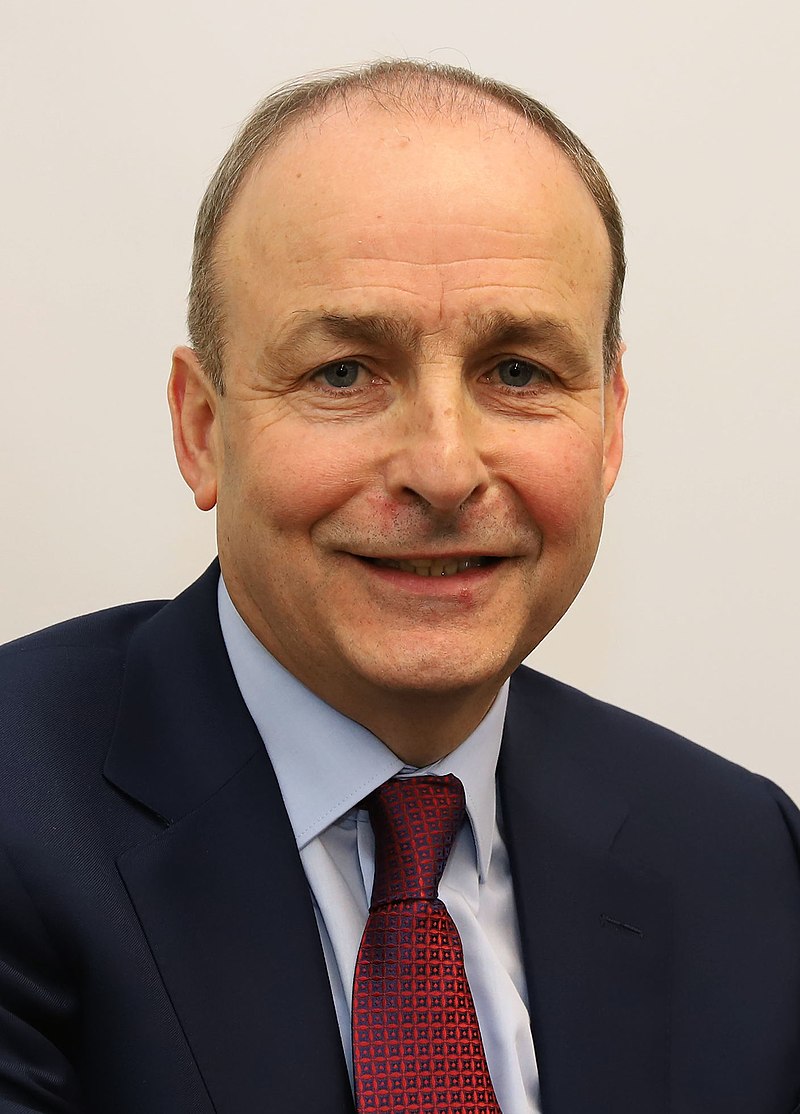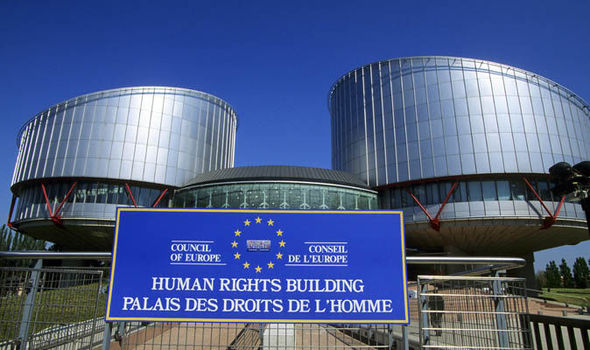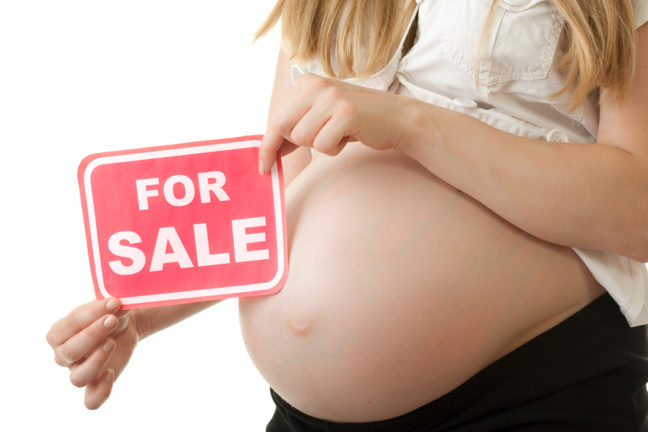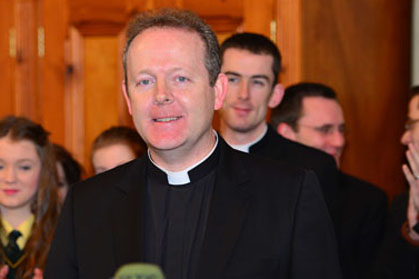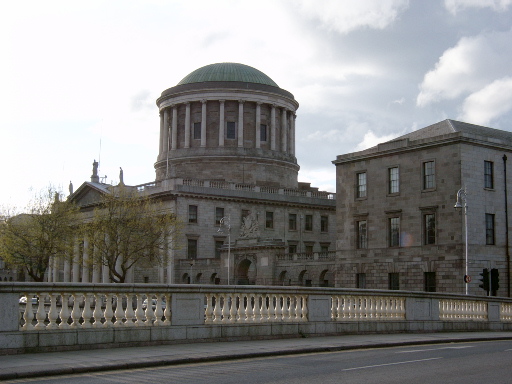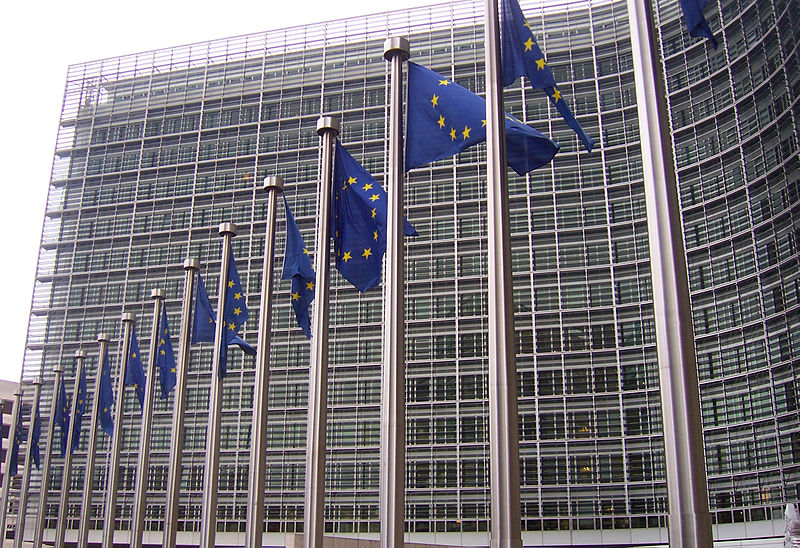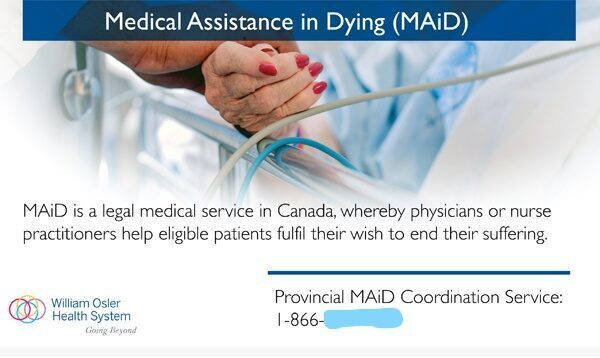Any law banning a pro-life presence outside hospitals and clinics administering abortions could face legal challenges, according to the Iona Institute.
The warning came as the UK Supreme Court yesterday ruled on Wednesday that a similar law in Northern Ireland was not unconstitutional.
David Quinn of The Iona Institute, said it was “disappointed” with the ruling.
“It interferes with the right to peacefully protest, or even to silently pray outside facilities that conduct abortions,” he said.
“No real evidence has been provided that exclusion zones are necessary. There are few, if any, reports that bear real scrutiny of people being obstructed or intimidated entering hospitals or GP surgeries. Where that happens it is already against the law.
“If and when a similar law is introduced in this jurisdiction, its constitutionality may need to be challenged.
“That is something pro-life groups will have to take advice on when the time comes,” Mr Quinn said.

